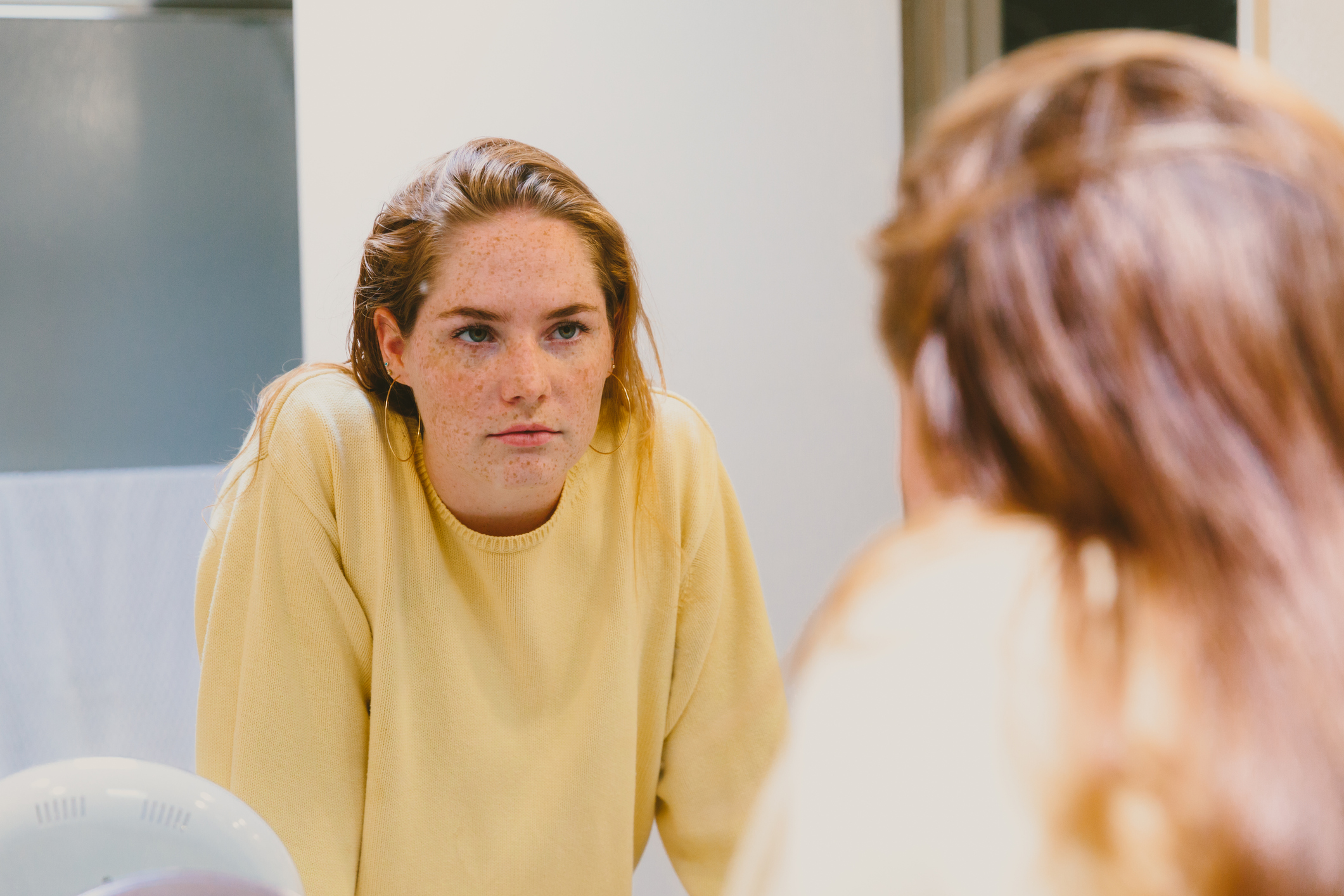“I’m so miserable with all this homework,” my son said. “I’m sick of school.” Hmm. He hadn’t been himself lately, and I started to wonder if it was the homework or something else. Was he eating well enough? Getting enough vitamin D? There are many factors that can contribute to a kid’s mental health and well-being. And I wanted to figure out what I could do to help get my son back on track.
I discovered several recent studies that can help parents improve kids’ mental health. If your kid’s feeling a little low right now, or you want to avoid mental health issues down the road, take a look at these 5 science-backed recommendations to boost kids’ mental health. The benefits seem to accumulate over time!
1. Get physical activity.
“Look!” I said to my kids, driving through our neighborhood. “Children outside playing badminton!” I felt like I was on a safari observing rare creatures. Not amused, my own children groaned and rolled their eyes. I started to wonder if my own kids were getting enough physical activity.
As the CDC puts it, “Mentally healthy children have a positive quality of life and can function well at home, in school, and in their communities.” And according to a recently published study in JAMA Journal of Psychiatry, physical activity is positively linked with children’s mental health. Joining a soccer or baseball team is great. But what about riding bikes? Rollerblading in the driveway? Walking the dog?
2. Read for pleasure.
A recent headline caught my eye, saying that children who start reading for pleasure early had better academics and mental health as teenagers. Whoa! That’s huge and something I want to encourage my kids to do now, even though they’re older.
Barbara Sahakian, a professor in the department of psychiatry at the University of Cambridge who helped author the study, said, “[W]e found significant evidence that [reading] is linked to important developmental factors in children, improving their cognition, mental health and brain structure, which are cornerstones for future learning and well-being.” It’s never too late to start a new reading habit. What can you do to spark your child’s joy in reading?
3. Form social connections.
Before the pandemic, my son had a handful of new friends in middle school. But then, after schools closed, he lost touch with most of them. When he returned to in-person school, he had grown six inches and not only looked like a different person but felt like one too. Regaining those lost friendships was hard.
According to the Department of Health and Human Services, “Loneliness and social isolation in childhood increase the risk of depression and anxiety both immediately and well into the future.” Relationships are essential for kids! Help your child get into groups and organizations where face-to-face conversations are key. You may want to ask a teacher, counselor, or other moms for suggestions where to start.
4. Get more sleep.
You probably already know that getting enough sleep is important for kids. But a recent pediatrics study in JAMA Open Network found that losing just over a half hour of sleep at night for a week can have serious consequences. Children who received “39 minutes less sleep per night resulted in significantly lower physical and overall well-being, ability to cope well at school, and total health-related quality of life.” Not getting enough sleep can make it harder to for kids to get along with their peers, understand new math concepts, and feel good about themselves.
Lead study author Rachael Taylor advises families to prioritize sleep for kids. “It may be easy to brush off a little lost sleep, but getting less good-quality sleep could result in eating more treat foods, worsening school performance and declines in mental health.” If your child’s recently having more trouble with handling her emotions or she’s having difficulty with peers, reexamine her bedtime routine. Kids’ mental health can improve with more sleep per night.
5. Create new habits.
When my kid’s not acting like himself, I start to wonder about his habits. Does he sneak sweet treats? Maybe I need to leave a bowl of fruit on the counter to curb the sugar cravings. Does he spend too much time looking at social media? Or playing online games when he should be doing his homework? Maybe I need to start checking his viewing history again.
Finally, what’s his inner voice telling him? If your child says negative things about himself, it could be hurting him more than anything. Start with a conversation and figure out the source of his blues. It could be one—or several—issues. But it’s better to be on top of them now before they get worse.
Our kids’ mental health is so important! What about introducing your child to a habit tracker? Download our free Geometric Habit Tracker to log sleep, exercise, reading, and more. This is the one my son uses. Maybe your child will enjoy it too!
Has your kid’s mental health and wellbeing fluctuated in recent months? What have you done to help?










